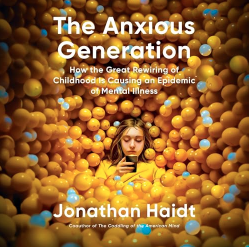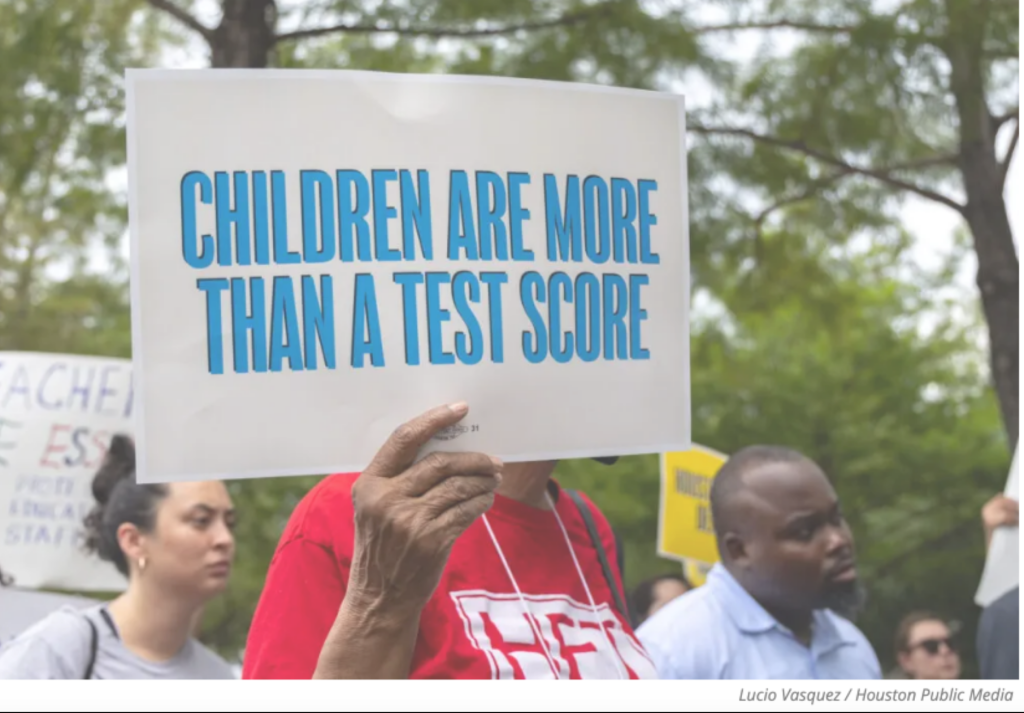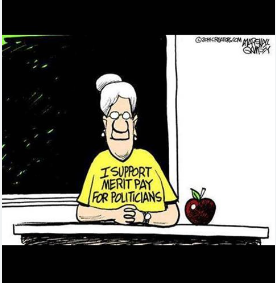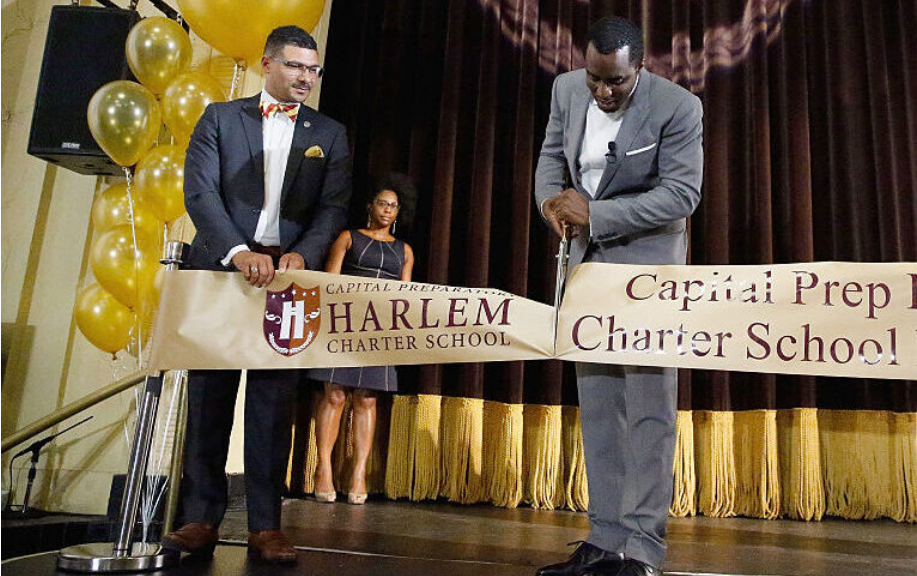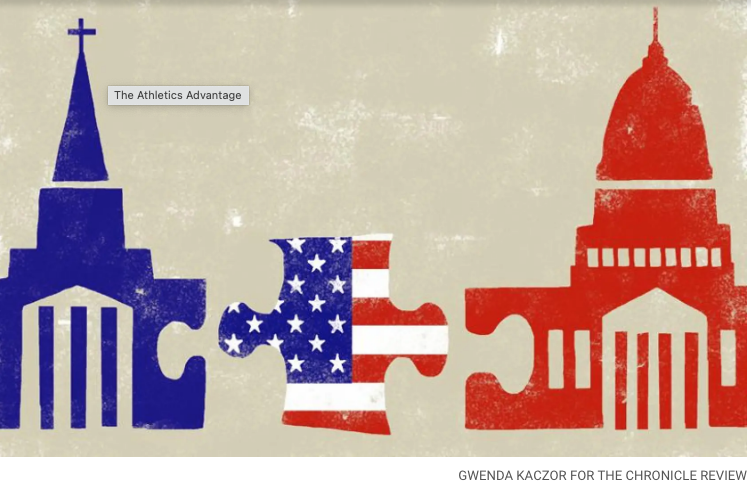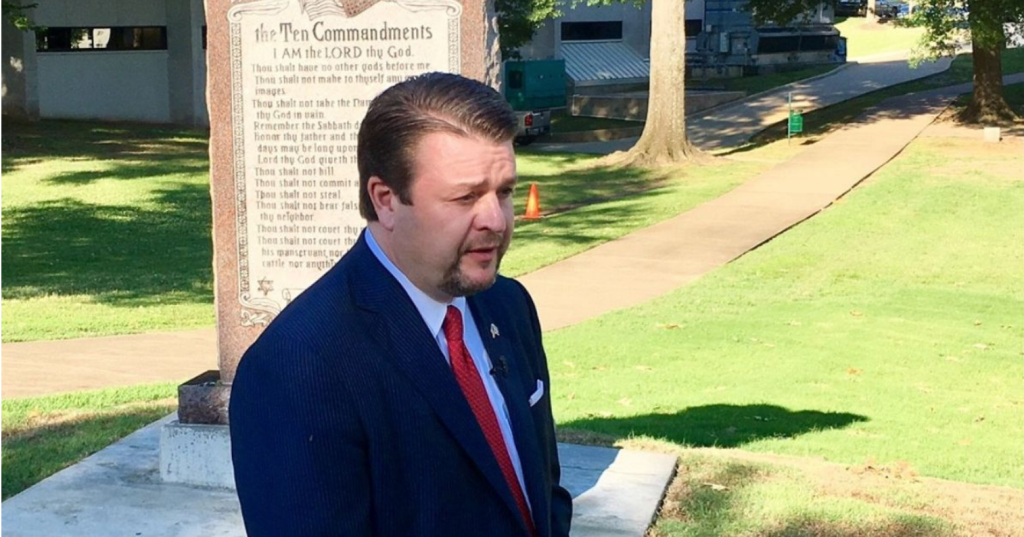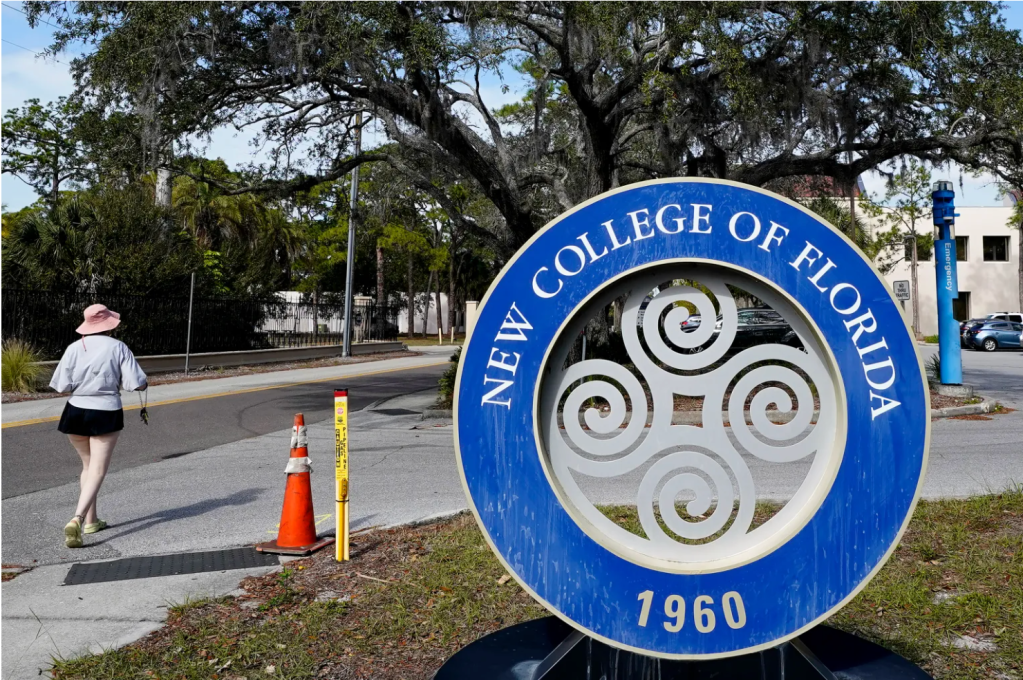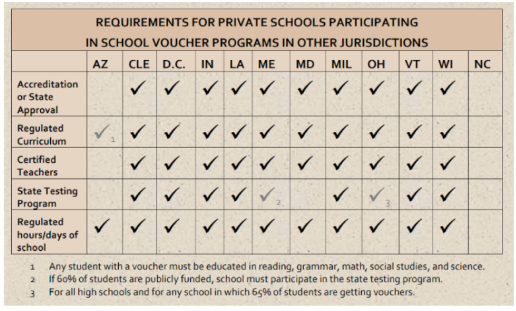While the majority of American families still support their local public schools, that’s not what sells news. State legislators rely on weak or non-existent research, fear tactics, and ignorant politicians running state legislators to make decisions for public schools. These are the headlines. The results are governors defunding public education, supporting charter schools, vouchers, and throwing money at whatever alternative models of education they can create, without the research to support their efficacy.
The Network for Public Education, recently ranked as #3 on the list of top most influential think tanks by The Center for Evaluation and Education Policy at Indiana University, released a study on the The Best and the Worst Statehouses for Supporting Public Schools and Their Students. The 2024 report, Public Schooling in America: Measuring Each State’s Commitment to
Democratically Governed Schools, examines these trends, reporting on each state’s commitment to supporting its public schools and the children who attend them.
States were rated on:
- Privatization Laws: the guardrails and limits on charter and voucher programs to ensure that taxpayers and students are protected from discrimination, corruption, and fraud.
- Homeschooling Laws: laws to ensure that instruction is provided safely and responsibly.
- Financial Support for Public Schools: sufficient and equitable funding of public schools.
- Freedom to Teach and Learn: whether state laws allow all students to feel safe and thrive at school and receive honest instruction free of political intrusion (NPE.org).
Five states received a grade of “A” for their strong support of public schools and students; thirteen states were awarded a nine a C, seven a D, and seventeen received a grade of F. These seventeen states earned less than half of all possible points, raising serious concerns regarding how they support their public schools and protect children — in educational settings
within and outside their public schools (NPE.org).
Top five states Bottom five states
1. North Dakota 47. Arkansas
2. Connecticut 48. North Carolina
3. Vermont 49. Utah
4. Illinois 50. Arizona
5. Nebraska 51. Florida
PUBLIC SCHOOLING IN AMERICA 2024
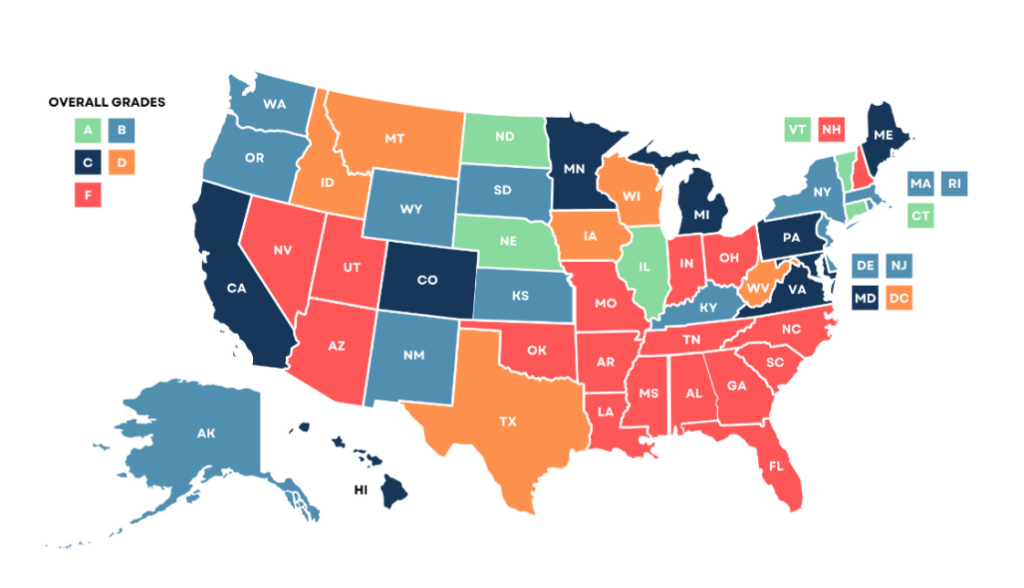
Here are the major findings from the study:
- Seventy-one percent of states show a clear association between privatization laws and
other measures (homeschooling, financing, and freedom to teach and learn). These
states had either the same letter grade in both groupings or were only one letter
grade apart (e.g., Connecticut “B” for privatization, “A” for other). - The alignment between privatization and the three other measures was most apparent
in states whose overall grade was an “F.” Of the 17 states that received this grade, 16
had either an “F” in both or a “D” and “F” combination. - The political makeup of the state government has a profound effect on states that
earned an “F.” All but two (Arizona and North Carolina) have a Republican trifecta —
Republican control of the House, Senate, and Governorship. Although Arizona presently
has a Governor who is a Democrat, it recently emerged from a 14-year Republican trifecta. - North Carolina, the other “F” state with a divided government, has a Democratic
governor with a Republican supermajority that has overruled the governor’s
veto when he has attempted to protect public schools.
I have highlighted the key findings from this study, done by the #3 think tank. This is good research and supported by empirical data. The Network for Public Education is a national advocacy group whose mission is to preserve,
promote, improve, and strengthen public schools for current and future generations of students.
Why isn’t this in the headlines?
These are my reflections for today.
April 26, 2024
If you like what you’re reading, consider sharing and following my blog via email.

